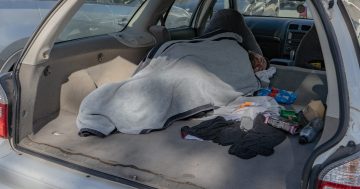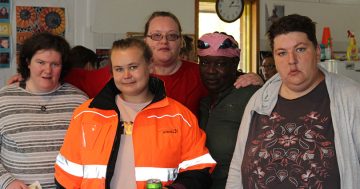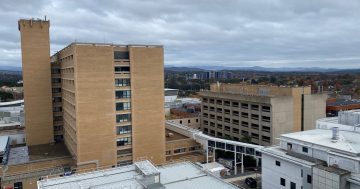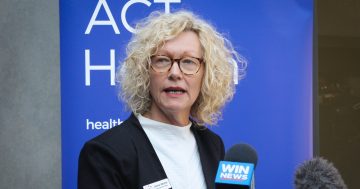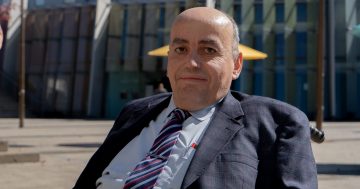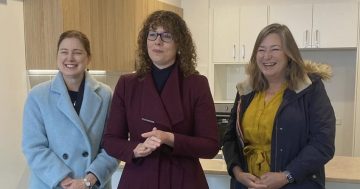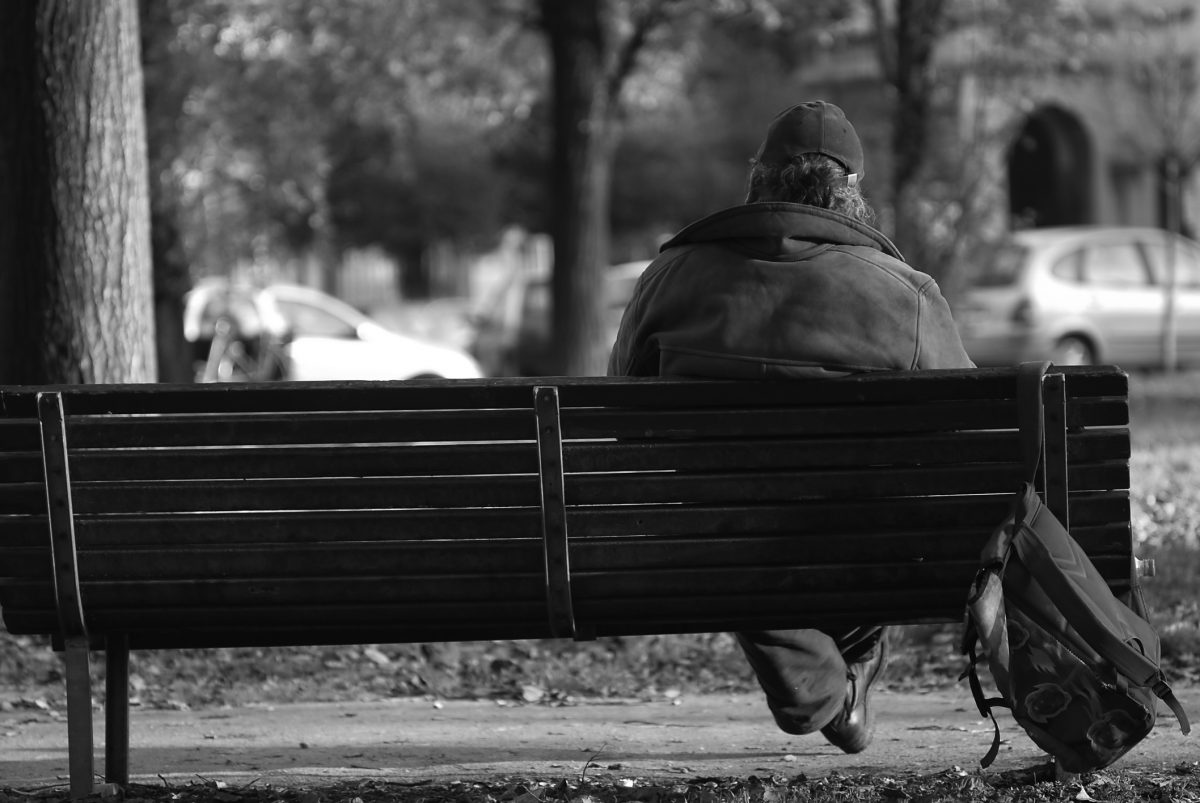
Untangling the complex web of the homeless sector’s services can be a barrier on the pathway out – but you don’t have to go it alone. Photo: File.
Like thousands in the ACT Dave*, 33, was facing homelessness.
Multiple factors led Dave to this point – from a history of family violence to social anxiety, prior alcohol and drug use and an intellectual disability.
He had been supported in NDIS accommodation for a year and a half, but an assessment determined he had a capacity for independent living that voided his eligibility.
Dave was referred to mainstream emergency accommodation, which was found to be inappropriate due to his seizures and other health needs.
“He’s in a sort of in-between place, and those people fall quickly into the gaps,” OneLink team leader assessment and support coordination Joel Caskie explains.
“His case demonstrates a disconnect between the disability space and mainstream homelessness sector.”
Dave’s journey included a referral to disability advocacy organisation ADACAS for assistance with an NDIS plan review, a brief stint at crisis accommodation Samaritan House and self-funded caravan accommodation that he couldn’t afford.
Then OneLink brokered him into hotel accommodation, supported by EveryMan (Specialist Homelessness Services funded by the ACT) and NDIS, and he eventually got into a “Client Support Funded” property.
“The idea behind this is twofold,” Joel says. “First as a diversion for people away from public housing, providing a stable place to work on any barriers they have to accessing private accommodation. This prevents additional pressure on an already saturated public housing waitlist.
“Secondly, where there are no other referral pathways, it’s a gap that mainstream accommodation or services providers can’t close at the time.”
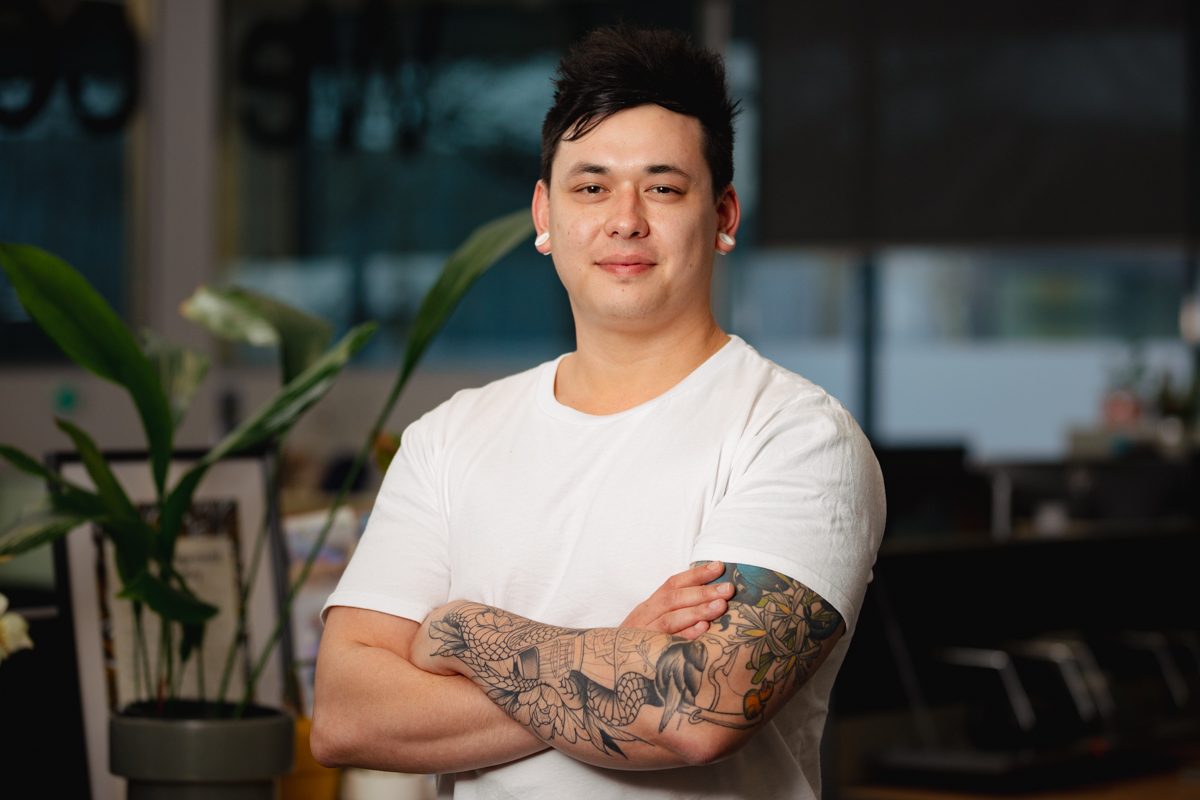
OneLink team leader assessment and support coordination Joel Caskie. Photo: Liv Cameron.
Here, Dave was given the space to demonstrate his ability to maintain tenancy with support and, in collaboration with Housing ACT, OneLink, EveryMan and the NDIS Integrated Service Response program, was offered a Housing ACT property to meet his long-term sustainable housing need.
As demonstrated by Dave’s story, there are many potential pathways to housing for those facing homelessness. But understanding them all in the context of his life, and the broader context of hundreds of other equally nuanced case studies, is like untangling multiple strands of similar-coloured thread.
It’s why OneLink exists.
“We’re not on the ground but we connect to specialist homeless services that do that work,” Joel says.
“To have a case management plan, an action plan with goals and steps towards addressing barriers to access assisting accommodation – that’s a huge help.”
Post COVID-19, OneLink was already experiencing a surge in demand for its community services.
“We saw a sharp increase in enquiries and calls coming through from both individuals and community services … I am talking by up to four-fold the usual amount at its height towards the end of 2021,” Joel says.
Given the rising cost of living coupled with the rental crisis, Joel doesn’t see things changing any time soon without reform of the housing sector.
“The bottom line is there are more people in need than homes to provide,” he says.
“When you experience a surge in demand like we did at the back end of 2021, the lack of exit pathways for those people entering the homelessness sector creates a bottleneck.
“As long as there’s a housing shortage, we will continue experiencing that demand.”
In the meantime, OneLink is there to help those facing homelessness sift through the noise to find their best path forward.
In a nutshell, OneLink is an information and referral service with two streams. It either equips people with the information they need to support themselves or conducts an intake assessment to better understand their circumstances and connect them with support by referral.
“We’re what’s called a central intake point or access point. Essentially, we are the first port of call for people experiencing homelessness to connect them with specialist homeless services,” Joel explains.
“Think of it like a switchboard to connect people more efficiently. And it’s not on a first-in, best-dressed basis – we’re looking at household situations more holistically, prioritising and identifying the most appropriate support.
“If you contact a service directly, they’ll redirect you to us to triage and refer you on. As a central intake point to access the many services in the homeless sector, we’re like a one-stop shop to simplify an otherwise incredibly complex network.”
If you are experiencing homelessness in the ACT, contact OneLink on 1800 176 468 to speak to an intake officer and identify the support you need and the best service for you.
*Anonymised.













